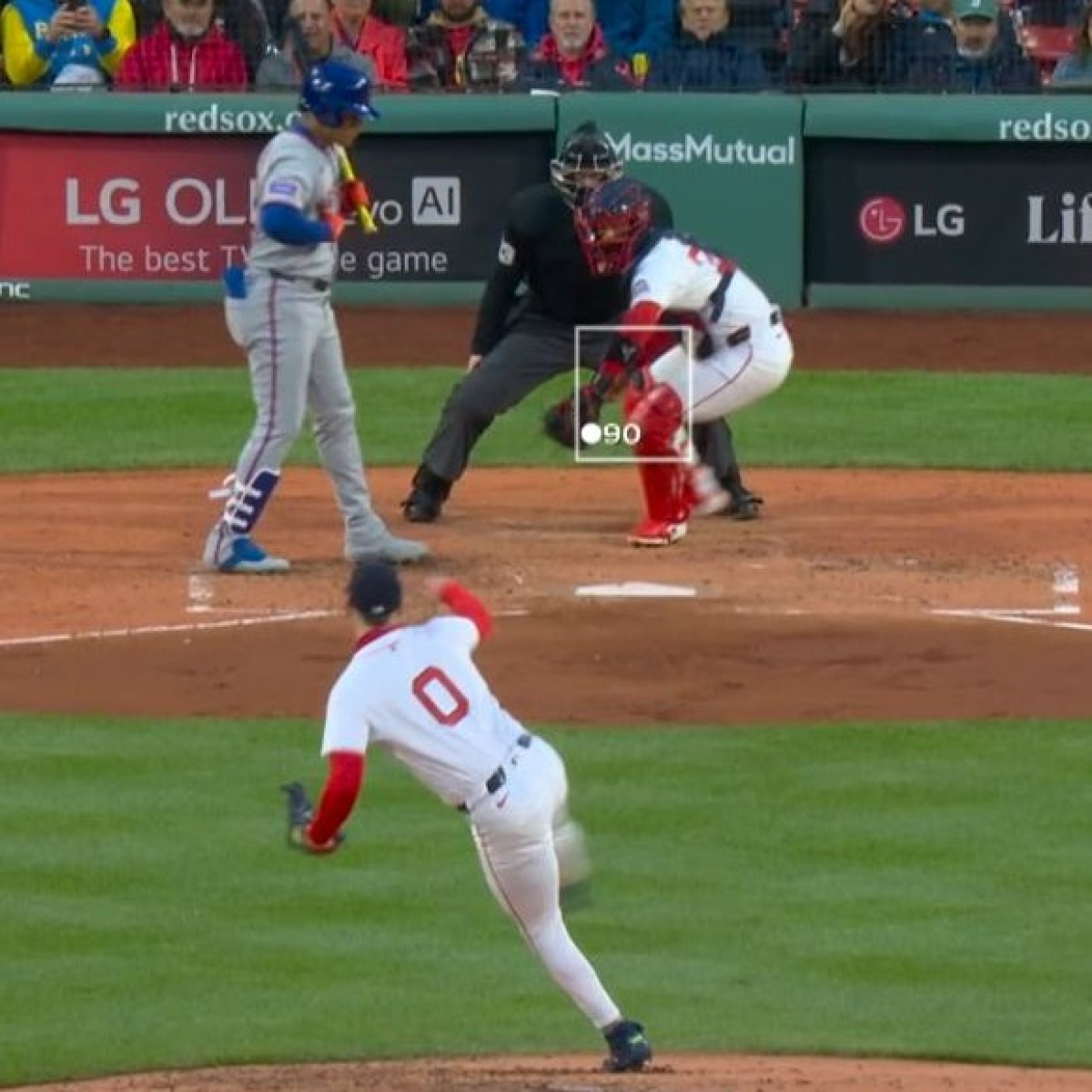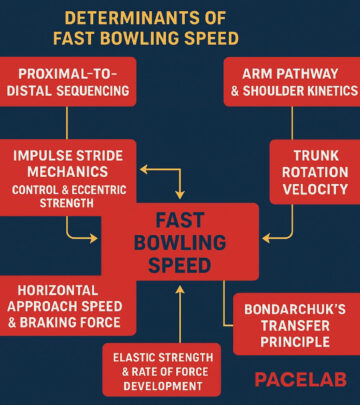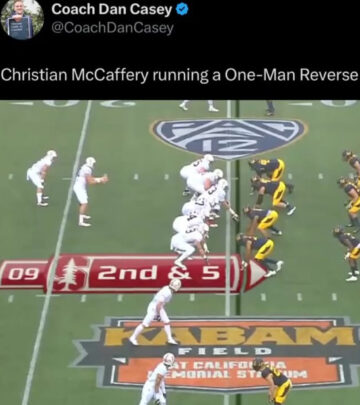Strike Call Drama Sparks Baseball Debate
Fisher's post fuels debate on strike calls; fans weigh in on baseball disputes now tonite

Image: Instagram
Michael Fisher, known on Instagram as @codifybaseball, has sparked a heated discussion across baseball circles with his latest post. The image, which shows a candid moment likely taken from a recent game, pairs with a cryptic caption: “not called a strike if only there was a way to keep this from happening.” The brevity and ambiguity of the statement has left fans and commentators debating the finer points of strike calls and potential flaws in current umpiring decisions.
Strike Call Under The Microscope
At its core, Fisher’s message appears to be a critique of a disputed call during a recent game. By stating that a pitch was “not called a strike,” he seems to be questioning the consistency of officiating. The phrase “if only there was a way to keep this from happening” suggests a desire for a systematic solution to what many feel is an ongoing problem in the sport. It isn’t unusual for baseball enthusiasts to weigh in on such topics, but Fisher’s post stands out for its succinct yet provocative delivery.
Fisher is not new to stirring discussion. His feed, which often showcases intriguing tidbits from in-game moments and statistical trends, has earned him a reputation among fans as a reliable source of insight. This post, however, has taken on a life of its own – with discussions spreading across social media platforms and sparking a wider dialogue on how strike calls are made.
A Moment Caught In Time
The image accompanying the post features a close-up shot that hints at intense action on the field, capturing the gravity of a contested play. Although the technical details of the image remain secondary to the message, its presence reinforces Fisher’s point: there are moments in baseball that defy clear-cut classification. The photograph, shared via Instagram’s native interface, resonates with viewers who have witnessed similar controversies firsthand.
Fans have taken to the comment sections and their own social media timelines to share their thoughts. Some agree with Fisher’s assessment, citing recent instances where borderline calls have cost teams dearly. Others, however, suggest that errors are an inevitable part of the game’s charm. The divide in opinions highlights a broader issue within baseball: the challenge of balancing human judgment with the desire for precision and fairness.
The Broader Context Of Umpiring Decisions
Officials in baseball have long grappled with the subjectivity involved in calling balls and strikes. Recent debates have ignited discussions regarding the implementation of technology to assist umpires. While tools like replay review have become more common to verify home run claims or check base running, the strike zone remains a primarily judgment-based call. Fisher’s succinct message taps into this ongoing conversation, questioning whether there should be an evolution in how these decisions are formulated.
Michael Fisher’s post resonates in part due to baseball’s storied history of controversial calls. Across decades, fans have remembered moments when a single pitch altered the course of a game. His statement has not only reignited memories of such instances but also prompted a call for clearer guidelines. In an era when data and analytics are increasingly infiltrating every aspect of sports, many believe that technology could improve consistency in officiating.
Voices From The Stands
The discussion has been bolstered by reactions from several baseball enthusiasts and experts. While some posts from Fisher’s account highlight statistical breakdowns of player performance – for example, earlier comparisons of Juan Soto’s swing speeds or Jackson Jobe’s impressive starts – this latest entry pivots the conversation from player metrics to the quality of game management itself. In the midst of detailed statistical analyses, the human element of the game remains the topic of intense debate.
Several followers have shared memories of infamous strike calls that have haunted playoff runs and altered season outcomes. Among these, one recurring theme is the frustration with decisions that seem to defy the expected norms of the strike zone. This mix of nostalgia and critique underscores an essential aspect of baseball: while numbers and replays are integral, the game is ultimately defined by moments that evoke strong emotions.
Moving Forward In The Digital Age
This controversy comes at a time when baseball is collectively reexamining its use of technology. Recent enhancements in data collection and video analysis have allowed fans to break down every play in excruciating detail. Fisher’s post, with its concise wording, captures the sentiment of an era that demands both accountability and innovation in how the sport is refereed.
The ripple effect of the post extends beyond mere fan chatter. It has inspired online forums, articles, and live discussions among baseball purists and tech advocates alike. As debates about the future of umpiring unfold, many are calling for a blend of human judgment and technological assistance to prevent such doubts in critical moments.
In a landscape where every call is scrutinized and every pitch analyzed, Michael Fisher’s post reminds us that even the smallest statement can trigger widespread conversation. His commentary is a microcosm of a larger debate – one that balances the tradition of baseball with modern expectations for fairness and accuracy.
While the ideal solution to controversial strike calls remains elusive, the dialogue inspired by Fisher’s post is a testament to the passion of baseball’s fan base. The conversation is a necessary one; it underscores the need for ongoing improvement and reassessment of the rules that govern America’s favorite pastime.
Ultimately, whether or not every contentious call can be rectified through technological innovation, the passion for the game continues to drive both criticism and progress. Fisher’s post, brief as it is, has lit the spark for a broader inquiry – one that could shape the future of how baseball is played and officiated.
Read full bio of Srijita De



















